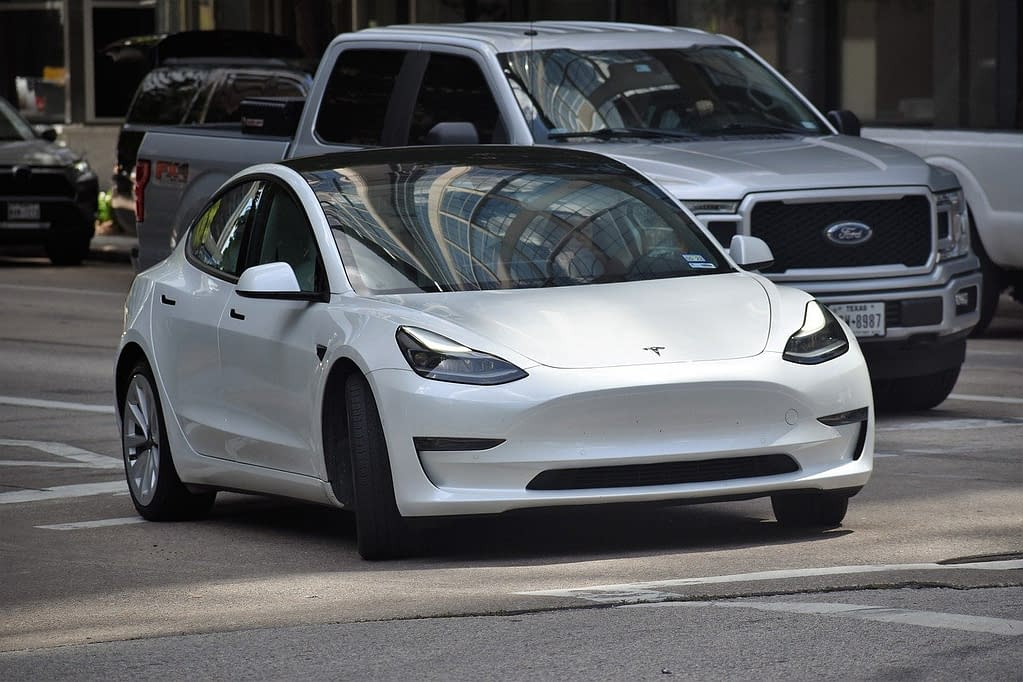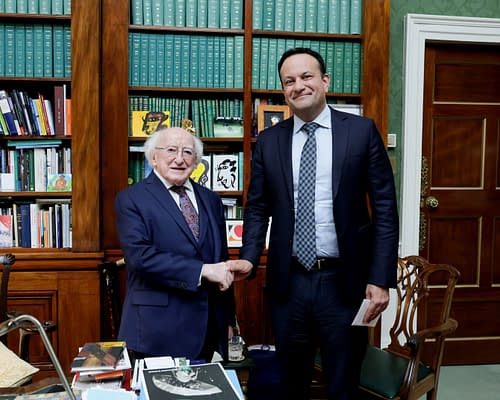Is Tesla’s 50% discount in China causing disruption in the car market?

By The Headlines, March 24, 2023 | 11:16 PM
JSC Automotive’s Siebert pointed out that Tesla's cuts happened after a challenging period for China's automotive industry. The Covid-19 preventative measures affected consumer spending in the area significantly.
Tesla Inc. has sparked off intense price competition in China, a move which is likely to redefine the largest automotive market globally. Significant price reductions could force certain carmakers to close down operations.
Tesla recently introduced discounts on its vehicles manufactured at their Chinese factory and the price cut was up to 14% compared to last year. In certain areas, there is a huge difference in cost when compared to the US and European markets - almost 50% lower!
With this move, competitors had no choice but to match Tesla's example. Smaller companies like Xpeng Inc. and Nio Inc. adopted the same strategies, followed by big names such as Volkswagen AG & Mercedes-Benz Group AG, providing discounts of up to 70,000 yuan ($10,000). Ford Motor Co’s Mach-E electric SUV has seen a dramatic reduction in cost, dropping to a starting price of 209,900 yuan. This amounts to over a third cheaper than what you would pay in the US.
Jochen Siebert, the Managing Director of JSC Automotive consultancy which operates offices in both Shanghai & Stuttgart, pointed out that Tesla caused a lot of disruption in the industry.
Bloomberg News and local media have cited that at least 30 carmakers have reduced their prices, so customers can benefit from excellent deals.
On Wednesday, the China Association of Automobile Manufacturers urged for an end to the pricing war as it was not a viable long-term solution. This initiative is aimed to return the industry to its normal operations & ensure healthy development. Additionally, this move will reduce the impact of declining sales and accumulated stocks.
The cuts have come after a difficult time for China’s auto sector. Consumer spending was badly dented by long-running Covid restrictions, while sales have also been impacted by the removal of state subsidies on EV purchases at the end of last year. Supply-chain disruptions have hurt industries globally too.
Despite the numerous challenges and a dwindling economy, retail sales of new energy vehicles (BEVs & PHEVs) skyrocketed to 5.67 million in 2022. Of these, BYD Co. accounted for around 30%, with Tesla shipping over 100,000 EVs each month from Shanghai since November alone.
Customers have their specific preferences and the desire for EVs is growing. Feng believes that Nio can easily meet its objective of selling 250,000 vehicles this year. Tom Zhu, head of Tesla production said that their cost reduction move has stimulated strong demand.
The competition in the electric vehicles market is not expected to slow down any time soon, with 155 new models set to be launched in China. This could lead to reduced prices from larger, better-funded players.
JSC Automotive's Siebert stated that Tesla has the financial capacity - "several billion dollars" to spare in order to fulfil their goals, which other automakers may not have access to.
Aside from Tesla, BYD, which is backed by Warren Buffett, is also going through a round of decrease due to the price war kickstarted by the Austin-based firm and which has been taking place at a faster rate than anticipated. Consequently, this could lead to an abrupt rearrangement in the market.
Market reactions to Tesla's pricing changes have been largely unpredictable. Though its stock went in a downward spiral right after, it is now on the rise again and doing much better than most Chinese electric vehicle producers. Over the past year, Tesla's shares have risen by 60%, compared to an increase of 15% for Li Auto and a decrease of 7% for Nio.
Image by F. Muhammad from Pixabay









